Several Whitworth students were victims of bias-based harassment this fall.
Sophomore Audrey Gudeman, president of Whitworth’s Gay-Straight Alliance, reported the issue to Associated Students of Whitworth University on Oct. 17.
She said she knew of cases of repeated harassment to at least four students, and classified three of them as felony-level hate crimes.
Washington State Law classifies a hate crime as a person committing a malicious and intentional act of either physical harm, damage to property or threatening action toward a person or group based on his or her perception of the victim’s race, color, religion, ancestry, national origin, gender, sexual orientation or mental, physical or sensory handicap.
Gudeman said much of the hostility was targeted at the lesbian, gay, bisexual, transgender and queer/questioning community.
“It’s manifesting in an anti-LGBTQ way at this particular moment. It’s happening to other people too, they’re just particularly nasty to [this] group at this time,” Gudeman said during an interview in November.
Freshman Julian Jordan was one victim of repeated harassment and threats. He said that, upon returning from class one day, he found a hateful note on his door. After subsequent notes of encouragement had been left by Jordan’s friends, still more slurs and derogatory comments were posted, including a note which read “fuck fags.” Jordan said someone even slid notes into his room telling him to kill himself.
Jordan said he was saddened by how closed-minded some people can be.
“We are supposed to be a Christian university; I would expect people to be more mature,” Jordan said.
He also said the notes and letters he received were frightening.
“It made me realize people were getting closer to my only safe zone,” Jordan said.
Not only did Jordan fear for his safety, but he said the derogatory treatment had a strong emotional impact on him.
“The people made me feel useless and broke my thick skin. There’s only so much a person can take,” he said.
Despite his difficult circumstances, Jordan said he felt a great deal of support from his peers in Stewart and student leadership. He said he hadn’t planned to report the incidents, but his friends notified a resident assistant. Jordan said that the RAs, RD, his friends and the other students of Stewart provided a support system for him.
Later in fall semester, Gudeman said she also found a derogatory note on her door. In the note, Gudeman was referred to as a “dyke” and told to “get out,” she said.
She reported the incident, and an email was sent out about it in her dorm. She said because it was a single, indirect incident, there wasn’t much that could be done in response.
Though Gudeman reported her incident, she said she believes the majority of harassment victims do not.
“If this is happening to people, they need to come forward…There’s nothing the school can do if they don’t know about it,” Gudeman said.
Campus Security
According to Whitworth’s public crime log, there were four reports of harassment during the fall semester, and one report of a hate crime. All the reported incidents took place between late September and early January, and there have been no new reports of harassment since that time.
Marisha Hamm, manager of environment health and safety and risk management, said that reports do not always go through security. Similar to Jordan’s case, incidents are often reported to residence life. Hamm said security is not always involved, unless a situation appears to be criminal. She said the security department is closely involved with residence life, and they are able to work together to find solutions for students. For example, if a student needs to be relocated to a new living situation for their safety, that kind of work can be done through residence life, Hamm said.
Whether reported to security or elsewhere, the educational code dictates that felony crimes be reported to the sheriff’s department, said security supervisor Jacquelyn Christensen.
Only one incident has been reported to the police this year, Hamm said. She could not reveal the type or nature of the crime.
Hamm said that the reported statistics do not reflect the reality of what is going on, because incidents of this kind often do not get reported.
“I can’t say enough about encouraging reporting,” Hamm said. “The more we know, the better we can help prevent things.”
Officers are able to give rides to students who feel unsafe, or offer them safety advice. However, the primary function of the security department is to report, Hamm said.
She said that security is a vehicle of reporting to the school, or, given illegal activity, the higher authorities.
“Our goal is to encourage people to report to us. That means being present. Security wants to be out in the community so we can encourage reporting of all kinds,” Hamm said.
New additions to campus should aid in increased reporting, Hamm said. She said the implementation of bystander intervention model Green Dot, as well as the placement of seven emergency blue light poles around campus are two new ways to encourage students to report.
“The blue light phones are a physical representation that we want a safe campus. That coupled with Green Dot [and more] will increase the reporting of harassment and other incidents,” Hamm said.
She said many people are afraid of reporting things that have happened to them; however, the university has in place an anti-retaliation policy for those reporting. While that does not eliminate the threat of students being retaliated against, it establishes a procedure for dealing with offenders, and discourages retaliation, Hamm said.
There are also means for anyone to report anonymously using the Campus Conduct Hotline, Hamm said. The hot-line is run off-site by a third party, and is available for anyone to report incidents with complete anonymity, Hamm said. Reports received through the hotline are directed to the appropriate department to deal with them.
Investigation of bias-based harassment incidents
Jolyn Dahlvig, associate dean of students, is primarily responsible for conducting investigations of bias incidents and harassment.
She said the process of investigation is greatly determined by the wishes of the person coming forward.
“These situations tend to be pretty interpersonal, so it depends a lot on what the complainant wishes to happen. As the victim, they get to be in the driver’s seat, determining a lot of how we proceed,” Dahlvig said. “Hopefully we can work closely with the victim and figure out what steps they’d like to take.”
Dahlvig has conducted two investigations this year. To gather information, she interviews involved parties and witnesses of either side, as well as collecting any related data available, including text messages, Facebook posts or security camera footage.
There are two procedures, she said—formal and informal. In a formal grievance process, a conduct meeting is held. If it is proven that a policy has been violated, appropriate sanctions are then applied. Because harassment is categorized as a violation of the Big Three, sanctions can range from a $50 fine to suspension.
Informal grievances are typically resolved through conversation and mediation, Dahlvig said, and the victim can change methods at any point in the grievance process.
She said the work of Green Dot, the recently launched bystander intervention model, could be an effective model for reducing bias incidents.
“Green Dot is doing a great job of bystander education,” Dahlvig said. “It would be great to have a bias-incident response group similar to Green Dot.”
Dahlvig is also a member of the Student Success Team, which Nicole Boymook and Randy Michaelis started this year. The team seeks to provide support for students who are struggling in any way —personally, emotionally, academically or physically. Dahlvig said one of the benefits of the small, five-person group is that they can meet on short notice to respond to urgent needs. If a student is involved in a bias-based harassment incident, for example, the SST can help them move housing, change classes or provide other help as needed, Dahlvig said.
Action to address bias-incidents
Lawrence Burnley, assistant vice president for diversity and intercultural relations and chair of Whitworth’s newly established Institutional Diversity Committee, was recently appointed by President Beck Taylor to head a sub-committee of the new Institutional Diversity Committee. The sub-committee examined Whitworth’s harassment policy and existing investigative and disciplinary protocols.
Along with Burnley, the sub-committee was comprised of Gudeman, Hamm, Dahlvig, Esther Louie, assistant dean for intercultural student affairs, and Marisol Rosado, coordinator for cultural programs in ASWU.
The goal of the sub-committee, Burnley said, was to examine the strengths and challenges of the current policies and resources, and make sure they have been clearly articulated to students.
He said he wants students to be able to rely on the administration.
“Are students experiencing various forms of either harassment, micro-aggression or bias language and just kind of sucking it up and not saying anything? And if that’s the case, what can we do not only to make them feel a sense of safety to report, but to have the confidence in the institution and the administration that, if reported, steps will be taken to investigate? We want to build confidence,” Burnley said.
Recommendations made by the sub-committee were presented to the University Council. The council, which is the university’s chief strategic planning committee, is made up of 29 members, including the President’s cabinet and representatives from every department.
Chief of Staff Rhosetta Rhodes convenes the University Council.
As part of the recommendations given by Burnley’s committee, the council is looking at enhancing communication, including improving the current reporting process, making reporting procedures, policies and protocols clear and providing information for students to know to whom and where they should go for support, Rhodes said.
She said some of the support systems already in place need to be better communicated, such as the resources of the counseling center and the Student Success Team.
“This is a comprehensive effort to ensure information is available to everyone who needs it,” Rhodes said.
The council is also working to develop a training process for students, faculty and staff to provide information about who to report to, what the process is, where students can go for help, and what bias incidents and harassment look like. That training could be incorporated as part of staff or freshmen orientations, Rhodes said.
The training would be one method of preventative action, she said.
“Sometimes we are unsure of what denotes a bias incident. We can prevent some of these incidents through education,” Rhodes said.
Kenneth Brown, director of information systems and member of University Council, is involved in the development of an anonymous online reporting system, one of the recommendations of Burnley’s sub-committee.
He said the system needs to be appropriately controlled and secure, but also must be easy to find and utilize.
Brown said he thinks students will be more willing to report issues if they are not required to identify themselves.
“I think it’s important having a means of having people report in a way they’re comfortable reporting, in order to help solve and mitigate. It’s hard to solve things when you don’t know there’s something that needs to be solved,” Brown said.
There will likely be additional challenges having an anonymous mechanism, Brown said; however, he expects it to increase reports.
“When you have an anonymous system, things may be reported that are not necessarily accurate or true. We have to be discreet about all the information we get,” Brown said. “These are things that we need to be addressing, whether it’s difficult or not. The challenges are worth wading through to make this a better and safer place.”
Brown was also involved in the implementation of the blue light poles. The harassment incidents were not the motivation behind installing the poles, which had been planned for more than a year, Brown said, but were one reason for adding the poles so soon. Brown said that the poles were not originally part of the budget for this year.
In addition to the new technology and recommendations made by the sub-committee, the IDC has hired consulting firm Halualani & Associates to conduct a multi-layered assessment of Whitworth’s diversity, equity and inclusion. They will assess the campus environment, including general education requirements relating to diversity, and will conduct a campus climate survey next fall for all members of the Whitworth community. The results of the survey, Rhodes said, will help inform the development of related training and education programs.
Hate crime discussed on campus
“The Laramie Project,” a play centering on the aftermath of the murder of a gay young man, Matthew Shepard, in Laramie, Wyo., premiered Friday, March 8, at Whitworth.
The play is a docu-drama, theatre chair Diana Trotter said. The script is comprised of real court transcripts and testimonials of Laramie residents related to Shepard’s murder.
While the play is relevant to the issues of bias-based harassment that have taken place on campus, it was not a response to them, Trotter said. She said the play was scheduled for last fall, when Judy Shepard, mother of Matthew Shepard, came to speak at Whitworth. However, administration asked Trotter not to do the events in the same semester.
“It was so it didn’t seem like the one semester where we’re focusing on hate crimes. I think it’s important to the university to have a variety of different kinds of stuff every semester,” Trotter said.
She said the administration was not against putting on “The Laramie Project,” as some may think. They even provided the grant for students to be able to attend the show for free.
Following the Saturday March 9, performance of the play, Trotter, Terry McGonigal, dean of spiritual life, and the cast hosted a panel discussion on hate crime. Prompted by audience questions, they discussed forgiveness, censorship and the issues of hate crime on the Whitworth campus.
Contact Katie Knoll at kknoll16@my.whitworth.edu

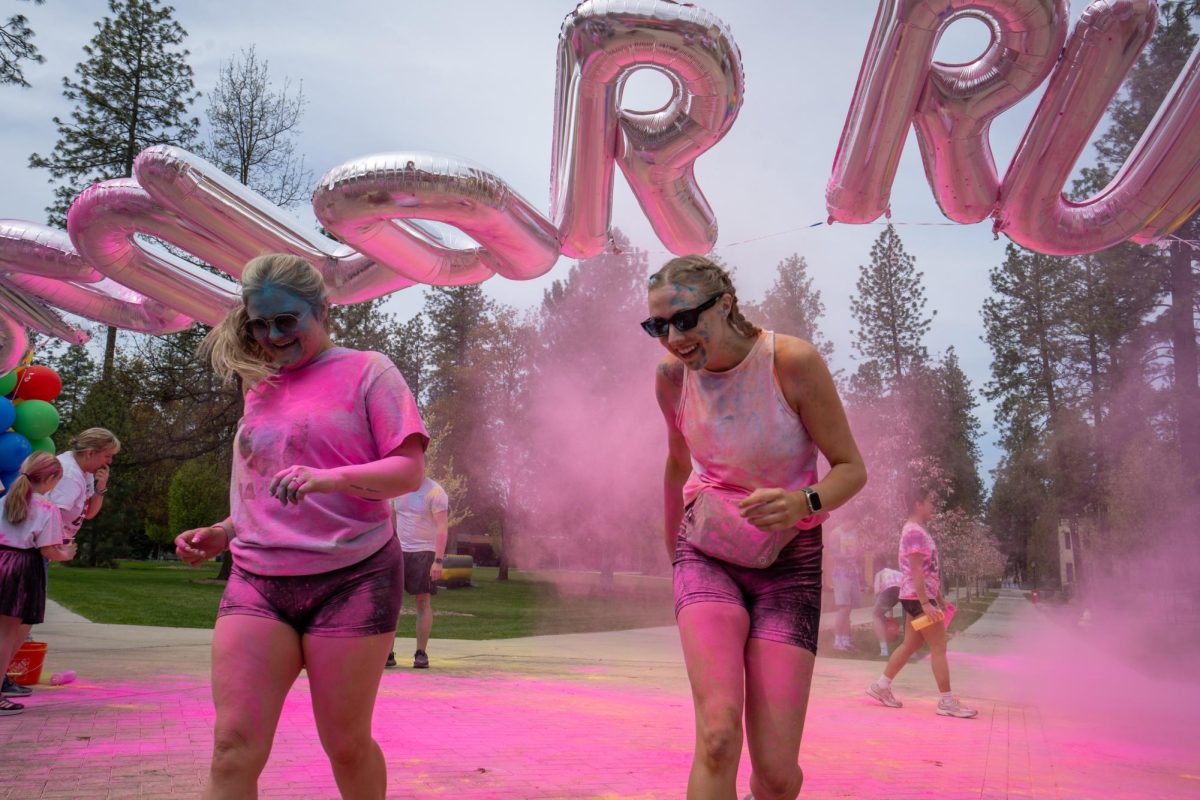
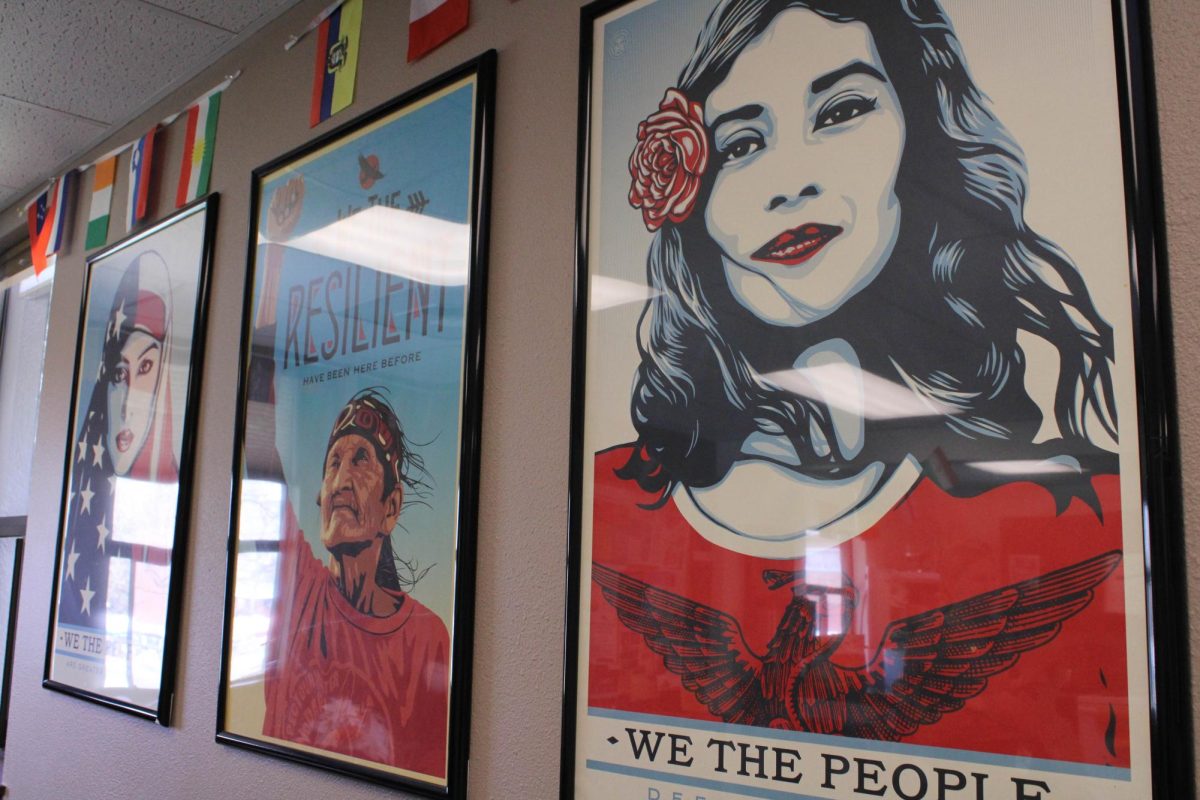
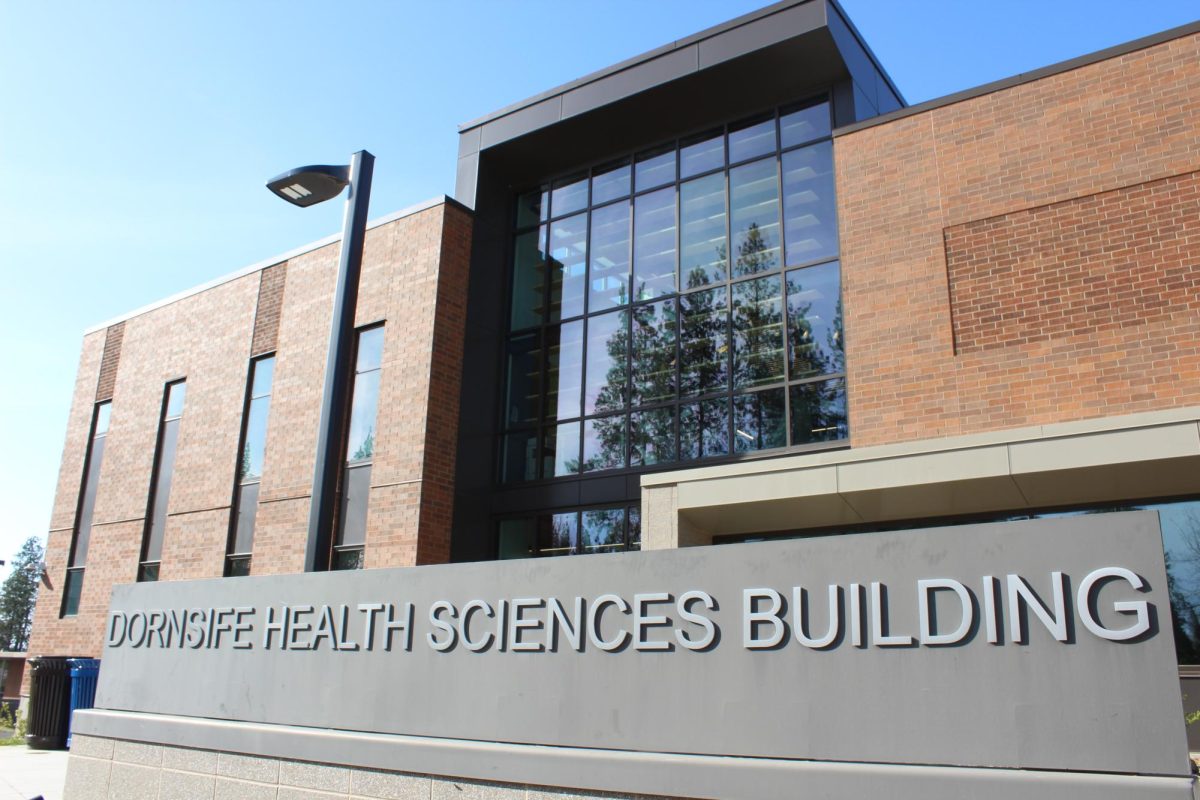

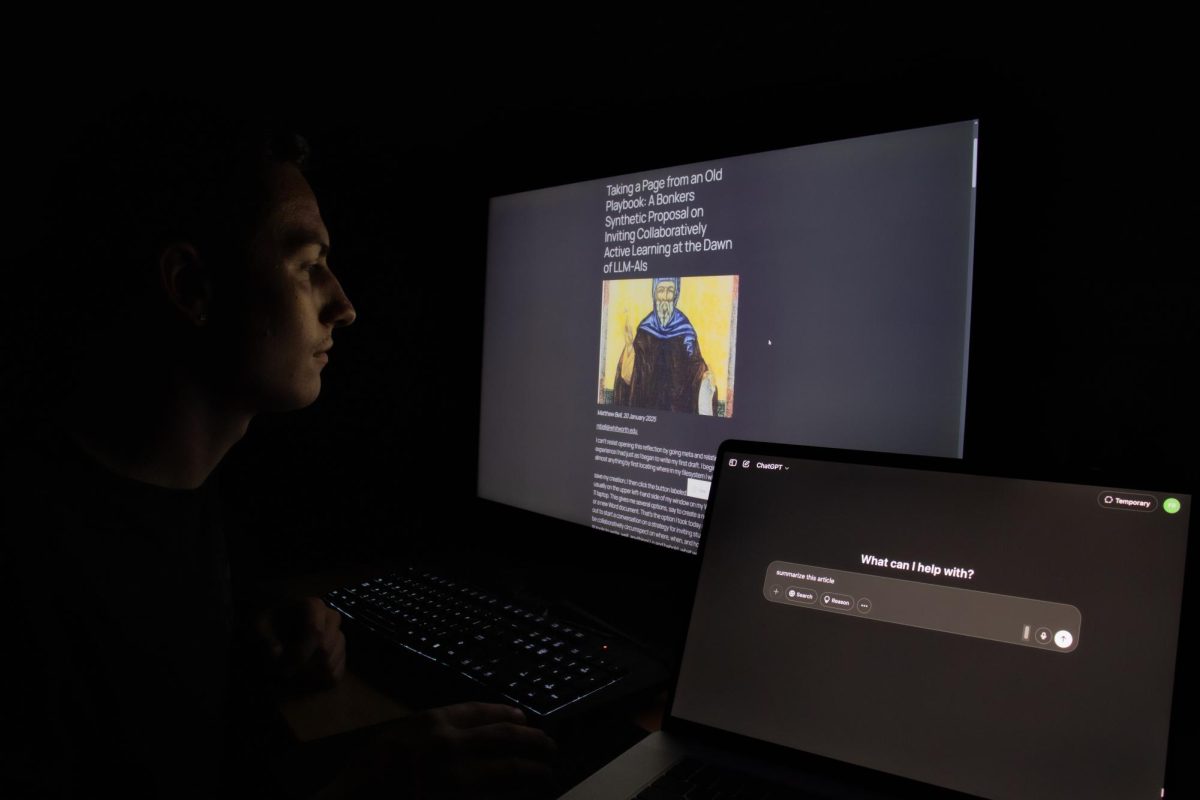
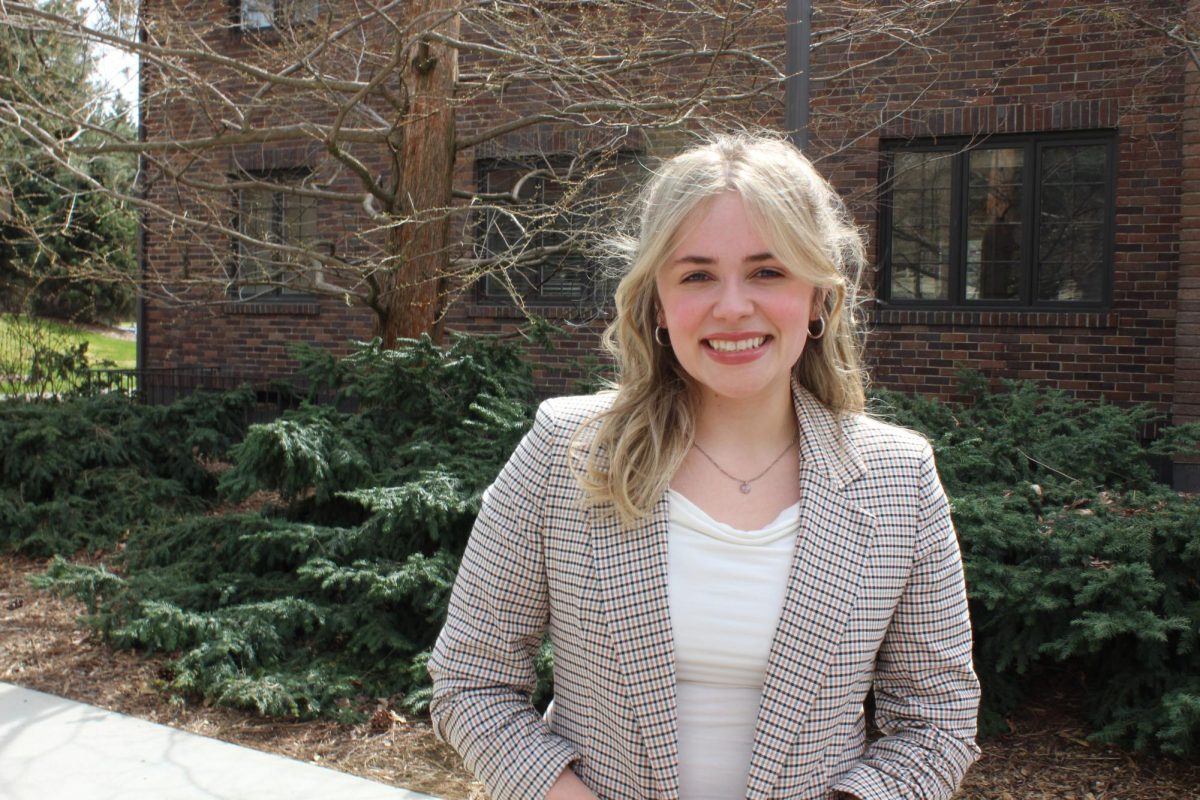
 Spokane?
Spokane?
Andrew Gilbert • Mar 17, 2013 at 10:28 pm
WOW!! 19 years ago I would have never imagined that Whitworth would come this far to really reach out and combat hate crimes against it’s GLBT students. It’s sad to see that such vile acts still happen but as the saying goes, it really does get better. Even behind the Pine Cone Curtain.
Keep fighting the good fight of inclusion and equality. And remember nothing makes hate filled homophobes angrier than an out, proud and successful lesbian or gay student.
Kyle Ritter '09 • Mar 14, 2013 at 2:46 am
Heinous. I hope the students involved are dealt with appropriately (expulsion, and if possible, legal prosecution).
Michael • Mar 14, 2013 at 2:02 am
This is why I left whitworth!! So much judging and hate…
Kyle Ritter '09 • Mar 14, 2013 at 2:47 am
Curious to where you went that didn’t have any “judging and hate.” I haven’t been able to find such a place.